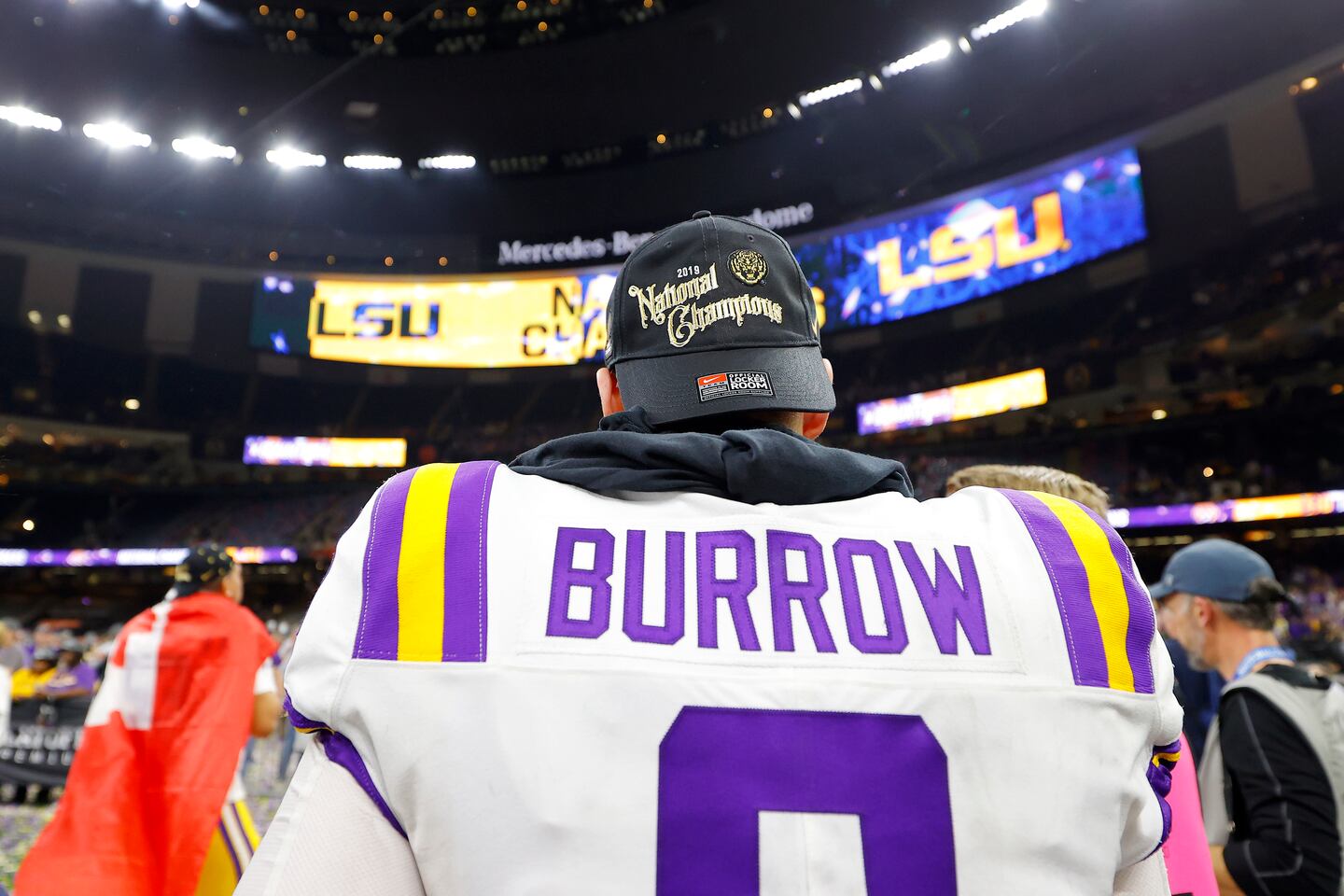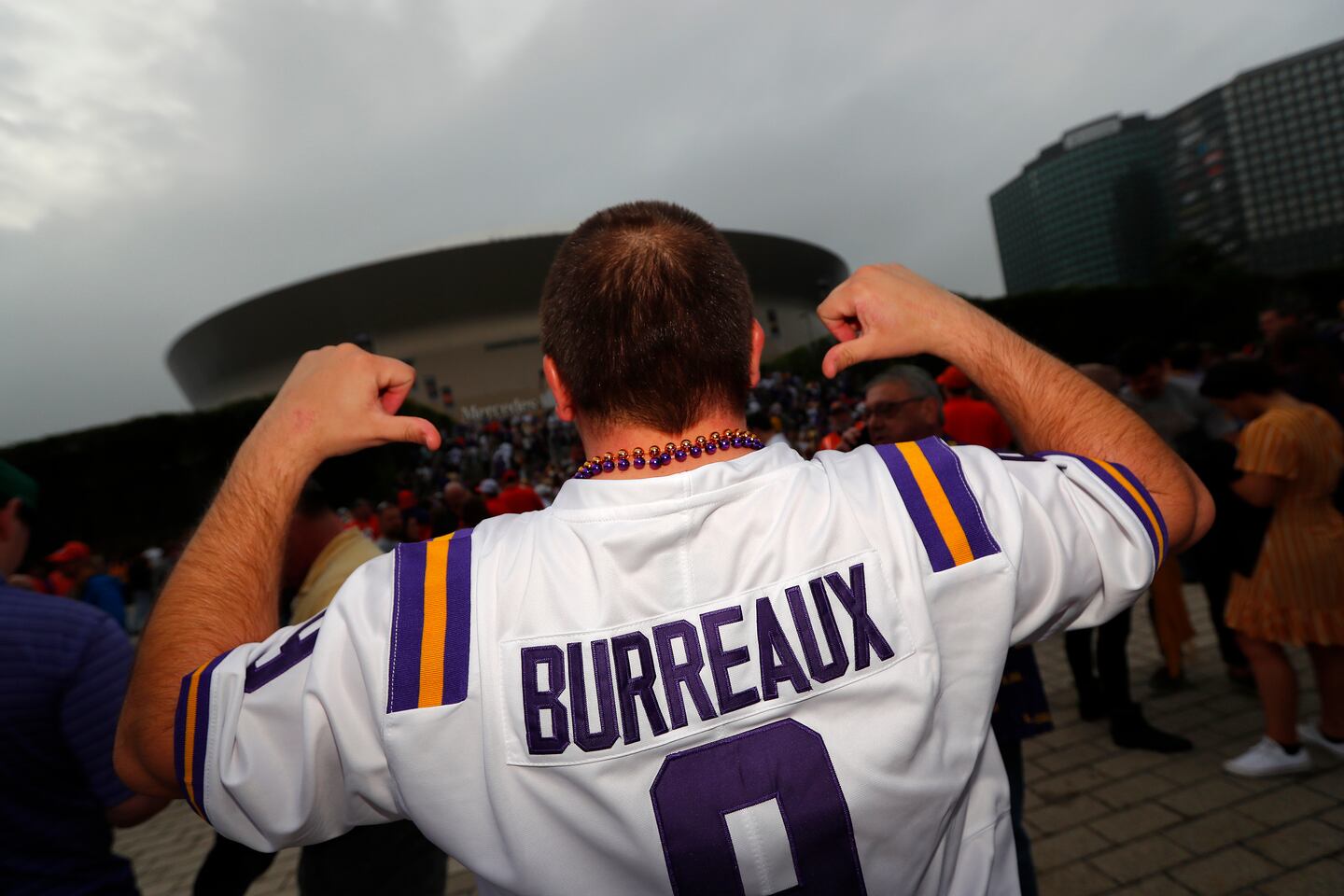College sports is big business. But where does all the money go?
There’s now a proposal by state senator Barry Finegold (D-Andover) to make sure college athletes get a piece of the action.
“I think college sports is working for the NCAA. I think that it’s working for the colleges, but I don't think that it’s working for the athletes,” said Finegold.
Earlier this year, 27 million Americans tuned in to see LSU take on Clemson in the College Football Playoff National Championship Game.
“If this isn’t a professional entity, then what is? I mean if there is so much money, they were charging over a million dollars for an ad,” said Finegold. “We need to think about what college sports is.”
Finegold believes student-athletes shouldn’t be barred from making money if their name, likeness, or image is used.
“Joe Burrow, who is a very popular quarterback from LSU, has a jersey that probably half the stadium was wearing. He didn’t see a dime from those revenues," said Finegold. "I believe that he should see some of that revenue if they use his name.”
Last September, California Gov. Gavin Newsom went on Lebron James’ talk show to sign a first-in-the-nation law allowing collegiate athletes to make money from name, image, or likeness.
Now, Finegold has filed a bill in Massachusetts to do the same. It would ban any organization -- like the NCAA -- from limiting an athlete’s ability to market themselves.
About 30 other states have also followed California’s lead.
Jeff Konya, Northeastern University’s Director of Athletics and Recreation, thinks it would be best to have uniform policy across the country so things like recruiting are not affected.
“It could lead to a situation where depending on the state that the university is situated in, the student-athletes may profit more or less given how the states are looking at it, if they’re capped, if there’s no cap, if they’re precluded from certain industries or not,” said Konya.
Konya added that an update is needed, considering how times have changed.
“You know, the NCAA in the 90s couldn’t have anticipated social media and social networking, where student-athletes now have the ability to influence their own marketplace and their own name, image, and likeness,” he said.
According to Konya, the NCAA will release new membership guidelines next January for all 50 states so differing laws don’t mean different things for different states.
NCAA statement on new California law that will allow college players to make money from endorsements. Will USC get a huge boost in recruiting? pic.twitter.com/9BfvLShTo8
— Darren Rovell (@darrenrovell) September 30, 2019
© 2020 Cox Media Group








